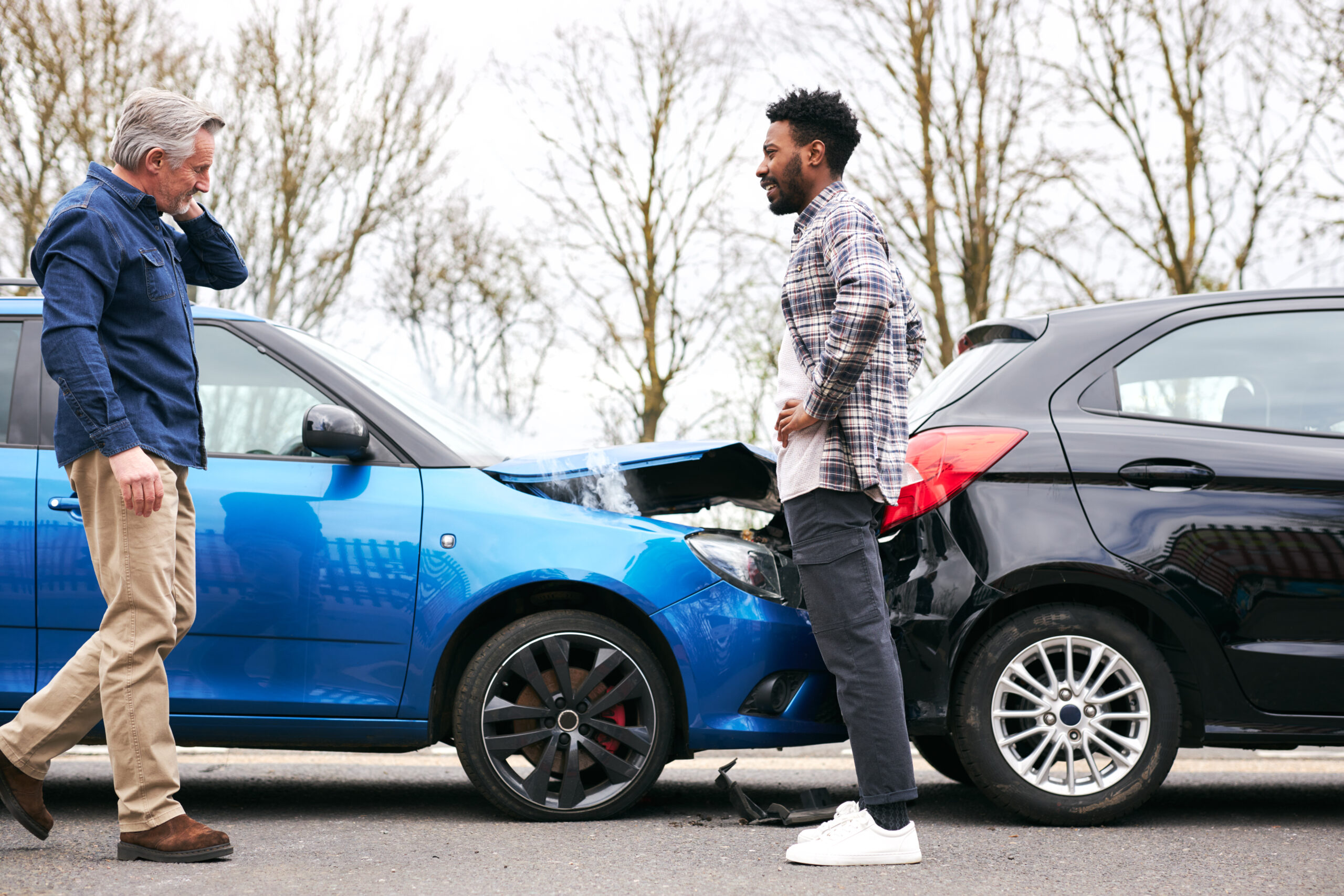
FacebookTweetLinkedInEmailPrint Choosing car insurance can feel overwhelming, especially if you’re not sure which types of coverage you actually need.From protecting your car to covering injuries and property damage, different car insurance options serve different purposes.The right mix of coverage gives you peace of mind on the road and financial protection if something goes wrong.
Let’s walk through the most common types of car insurance and what each one covers.Liability Coverage Liability insurance is required in most states and is the foundation of every auto policy.It includes two parts: This coverage does not pay for your own vehicle or injuries, but it protects you financially if you’re at fault in an accident.
Collision Coverage Collision insurance pays to repair or replace your car if it’s damaged in an accident with another vehicle or object, regardless of who is at fault.This type of coverage is especially important if you drive a newer or more expensive vehicle, or if you’re still paying off a car loan.Comprehensive Coverage Comprehensive insurance covers damage to your vehicle caused by non-collision events.
Common examples include: If you live in an area prone to weather events or wildlife, comprehensive coverage can be a smart investment.Personal Injury Protection (PIP) Also called no-fault insurance, PIP covers medical expenses for you and your passengers, no matter who caused the accident.Some policies may also help with: PIP is required in some states and optional in others.
Uninsured and Underinsured Motorist Coverage Not everyone follows the law.If you’re hit by a driver who has no insurance or too little insurance, this coverage helps pay for your: This type of coverage is usually inexpensive and can be vital in an accident involving an uninsured driver.Medical Payments Coverage (MedPay) MedPay is similar to PIP but more limited.
It covers medical costs for you and your passengers regardless of fault, but doesn’t usually include lost wages or other related expenses.It’s often used to supplement health insurance after a crash.How to Choose the Right Coverage The right car insurance coverage depends on factors like: Start with what your state requires, then assess your personal risk and financial situation.
Comprehensive and collision are optional but often worth considering, especially for newer vehicles.Talk to an Agent Who Can Help It’s not just about checking a box.Understanding the types of car insurance available helps you build a policy that fits your needs.
A licensed agent can walk you through your options and make sure you’re fully protected without overpaying.At InsuranceHub, we’re here to simplify the process and help you stay protected every mile of the way.Disclaimer: This content is for informational purposes only and does not constitute legal or financial advice.
Please consult your insurance provider for specific coverage details.FacebookTweetLinkedInEmailPrint
Publisher: InsuranceHub








